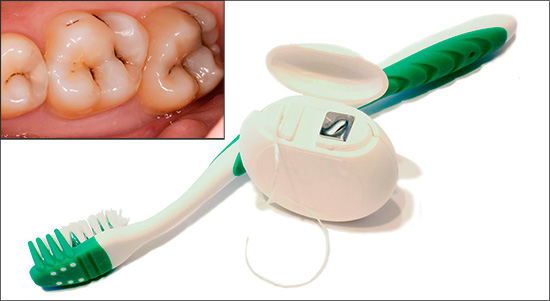
Surely you have heard about a system of measures aimed at preventing the development of caries - its doctors call primary prevention. However, there is also a lesser-known so-called secondary prevention of caries in adults: it relates to methods of treating this pathology and some of its complications. Moreover, there is a tertiary prevention of caries: it includes all measures aimed at restoring the integrity of the dentition, that is, in fact, this is prosthetics.
Of course, most people will be most interested in the primary prevention of caries, methods which, when properly executed, are able to keep the teeth of an average adult healthy and strong until old age (even in the presence of small bite defects and chips).
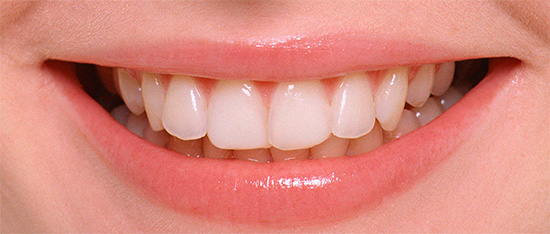
It is about these preventive measures that we will talk further.
"Pill" from caries
The most effective methods of primary prevention of dental caries are the endogenous and exogenous system of measures. Endogenous prevention of caries (that is, involving the intake of something inside) is associated with the consumption of products or drugs that can strengthen the mineral structure of teeth.
The following “three pillars” can be distinguished, on which endogenous drug-free and drug prevention of caries is based:
- Proper diet (especially regarding the content of carbohydrates in it);
- Proper diet (how often do you eat, do snacks);
- Professional and home use of special prophylactic agents.
On a note
To protect teeth from caries, an adult is not enough to use special drugs alone for prevention. Moreover, with their thoughtless use, there is a likelihood of toxic effects of substances on the body.
The photo below shows an example of initial caries, which in 99% of 100 cases could be easily prevented with preventive measures:
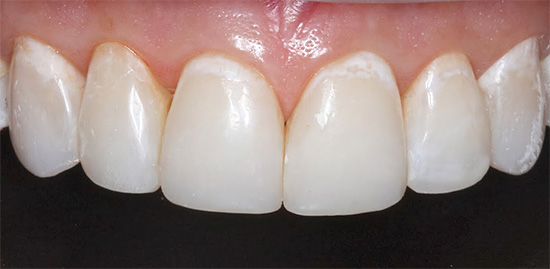
Clarification is required to understand the principle of endogenous caries prophylaxis. If we compare endogenous and exogenous caries prophylaxis in adults, the first is the longest. That it requires systematic implementation and strict control.
The effectiveness of endogenous caries prevention largely depends on the level of carbohydrate intake, frequency and diet. In most cases, the biggest problem multiple caries on teeth it is associated with excessive and regular consumption of sweets, especially between meals, and, even worse, at night without oral hygiene. In such cases, even the most enamel-fortified drug can “surrender” under the onslaught of cariogenic microorganisms that release organic acids during the fermentation of carbohydrates.
The photo shows an example of running caries:
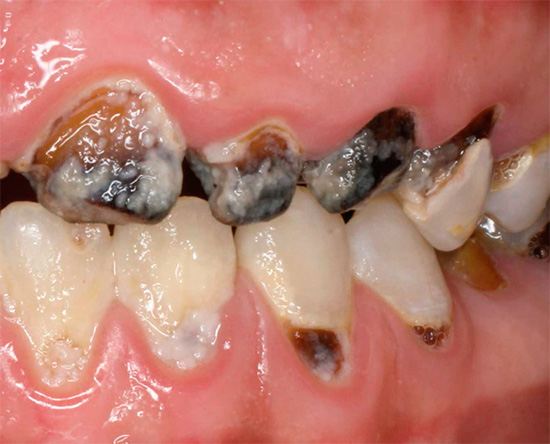
No one needs to exclude carbohydrates from the diet. In most cases, for an adult to prevent tooth decay, it’s enough not to abuse the sweet, to exclude carbohydrates from the intervals between meals and, if possible, not to hesitate to clean the mouth after eating.
A special role is played by the inclusion of hard foods, for example, fruits and vegetables, whose prophylactic effect is often underestimated. Firstly, these products are sources of vitamins and minerals necessary for the body. Secondly, they conduct the process of self-cleaning of tooth surfaces from food debris well, and once among ancient people they were the only and irreplaceable “toothbrush”.
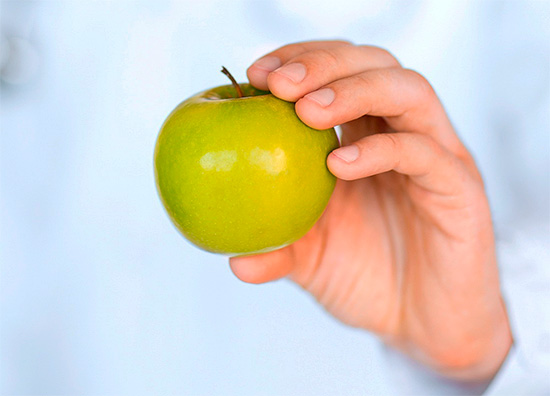
Products that can additionally strengthen tooth enamel:
- Sesame.Sesame seeds are rich in calcium, and calcium helps prevent tooth decay.
- Cheese. Scientists have proven that hard cheeses are good for strengthening tooth enamel, as they contain a good combination of calcium and phosphorus.
- Bow. Despite the fact that onion there is an unpleasant odor from the mouth, it has been proved that its components are able to strengthen teeth and gums, and it also contains a number of antibacterial compounds that improve the cariogenic situation in the oral cavity.
- Milk and cottage cheese are also rich in calcium.
- Nuts - always have a high content of nutrients for many body systems (not just dentition). However, do not forget that all nuts are high in calories.
Thus, we can conclude that many methods of endogenous drug-free caries prophylaxis are not only effective, but also beneficial for the body as a whole.
The use of drugs is also an endogenous prevention of caries and its complications. This includes, among other things, the system of methods for the prevention of caries fluoride. These systematic measures include:
- The use of fluorinated water, salt, milk;
- Course use of fluoride tablets (usually sodium fluoride);
- Course use of calcium preparations (e.g. calcium gluconate).
The picture below shows fluorinated salt, which is sometimes prescribed by doctors to make up for the lack of fluoride in the body:
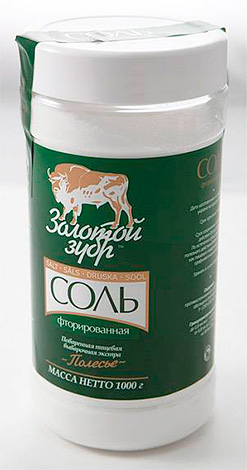
Each region has a certain concentration of fluoride in drinking water, as well as its level of consumption, depending on the climate. With normal levels of fluoride concentration in drinking water, most often there is no need to use fluoride tablets, salt or milk.
Only a dentist can help to understand the appropriateness of using these or those methods of endogenous systemic prevention of caries, since there is a high probability of harming the teeth and the body as a whole by self-medication. Despite the important role of fluorides in our body (including as part of the prevention of caries), these compounds can be very harmful at high concentrations. That is why the endogenous method of fluoride prophylaxis is limited to free use.
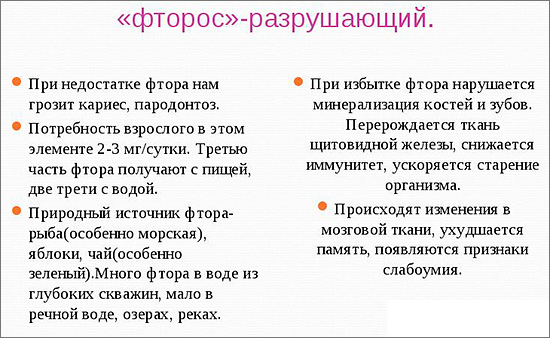
The best remedy for tooth decay is proper oral hygiene
Exogenous drug-free caries prophylaxis (that is, associated with external exposure) includes the use of toothbrushes, pastes, threads and rinses.
Toothbrushes
Studies have shown that the best way to prevent tooth decay in adults is, to put it simply, “disturb” plaque with a mechanical brushing.
When choosing a toothbrush, it should be borne in mind that there are several types: soft, medium hard and hard. For absolutely healthy teeth and gums, a stiff brush may work. Mild is used in adults with problem gums and in young children. The average stiffness of the brush in most cases is optimal.
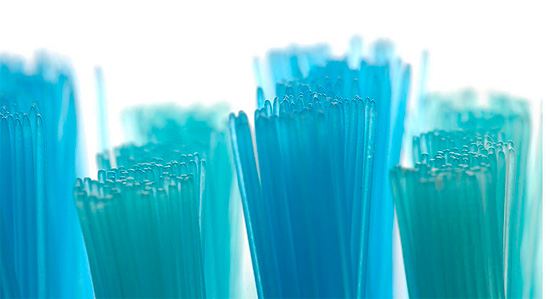
The brush head should not overlap more than three teeth (size 25-35 mm). An ideal brush option is with tufts of different lengths and with their X-shaped arrangement (see photo). The flexible connection of the head and handle allows you to adjust the pressure and prevents damage to the enamel and gums.
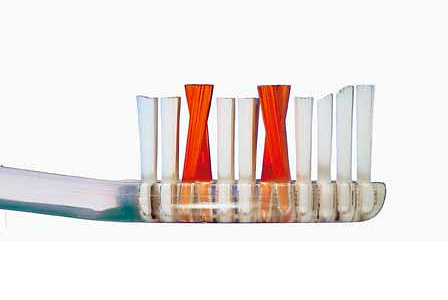
The optimal service life of the brush is no more than 3 months, since it is mechanically worn out, which does not allow further effective cleaning of plaque. In addition, microorganisms can accumulate in villi in ever greater quantities.
Toothpastes
First of all, you should pay attention to therapeutic and prophylactic toothpastes with a bias on enamel strengthening (its remineralization) and caries prophylaxis. In addition, the paste always has an additional cleansing and refreshing effect.
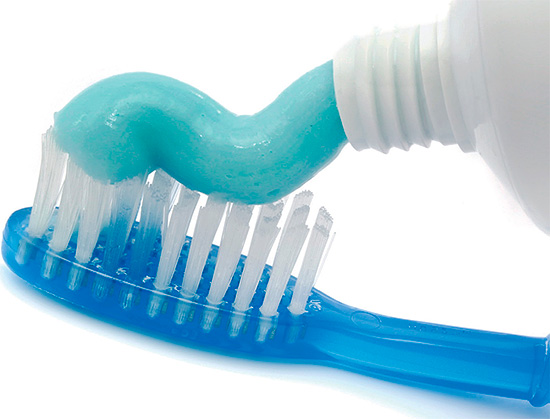
Caries paste can sometimes contain a whole range of substances for caries prevention:
- fluorine
- calcium
- phosphorus
- trace elements
- enzymes that reduce plaque formation
and etc.
Toothpastes with fluorides are widely recognized around the world, since fluoride ions, saturating tooth enamel, form the so-called fluorapatite - one of the hardest and most chemically inert compounds of the enamel crystal lattice. This increases the strength of the teeth to the action of acids of microorganisms and significantly reduces the risk of caries formation, as well as its further development, if it already exists.
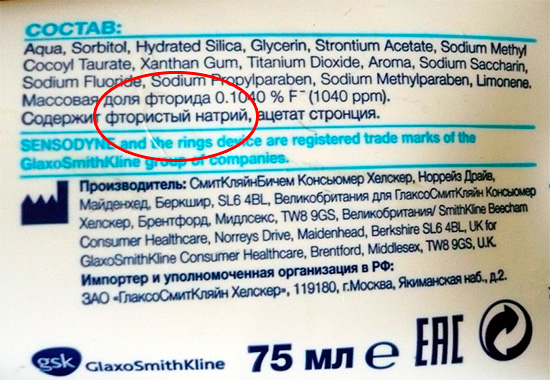
For adults, for example, the following toothpastes for fluoride prophylaxis of caries can be recommended:
- President Classic. It contains sodium fluoride, xylitol, as well as extracts of sage, chamomile and lemon balm. The anti-carious effect of toothpaste is combined with anti-inflammatory against gums.

- Silca. Two types of pastes Silca Herbal Complete and Silca Natural Extrakte equally contain sodium fluoride for fluoride prophylaxis of caries in adults, but differ in herbal supplements that have an anti-inflammatory effect.


- Elmeks Caries Protection. The name of the toothpaste speaks for itself. Ideal for daily use, as it contains aminofluoride and does not have any antiseptics, antibiotics and enzymes in its composition, which suggest only course use because of the possible adaptation of bacteria to them.
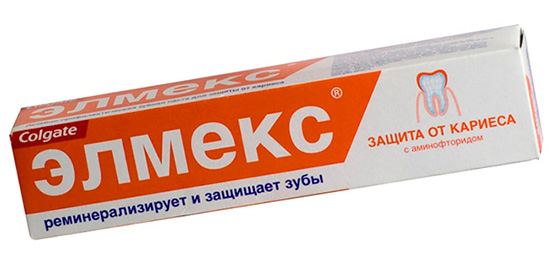
Rinses for the prevention of dental caries
This mainly includes rinsing agents with fluorine compounds: usually it is aminofluoride or sodium fluoride. It is important to ensure that the fluoride concentration does not exceed 250 ppm. In addition, mouthwashes, which also include antiseptics, can not be used for more than 2-3 weeks.
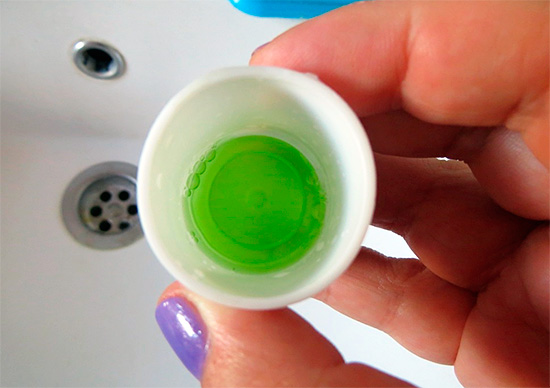
Below are some of the most common conditioners that are quite suitable for the prevention of caries in an adult:
- Rinse Elmex Caries protection. During rinsing, it contributes to the saturation of tooth enamel with fluorine, making it more resistant to the action of cariogenic factors. The conditioner does not contain alcohol, as well as antibiotics and antiseptics. In addition to adults, it is also recommended for children over 6 years old.
- Rinse aid President Classic Plus. It also does not contain alcohol, in addition to sodium fluoride, it contains extracts of lemon balm, chamomile and sage. Ideal for complex course use by adults in the prevention of dental caries and reduce gum disease.
The photo below shows examples of rinse aid:
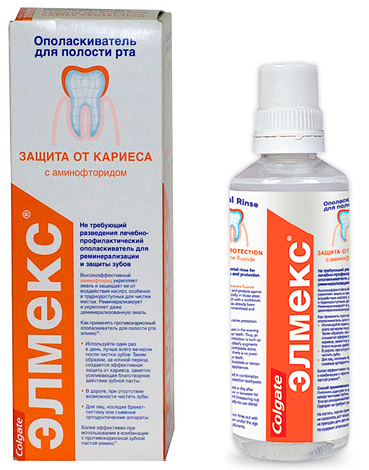
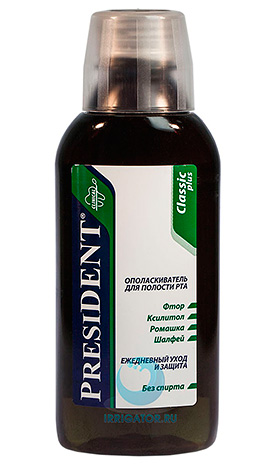
Dental floss (flosses)
This hygiene product is an important component of the full cleaning of the contact surfaces of the teeth (in between), where caries most often develops, since it is far from always possible to clean these places with a toothbrush. Thus, the use of dental floss is a good preventive measure against interdental caries.
The anti-carious effect of this procedure can be further enhanced by using dental floss soaked in fluorides.
The following image shows an example of Splat dental floss:
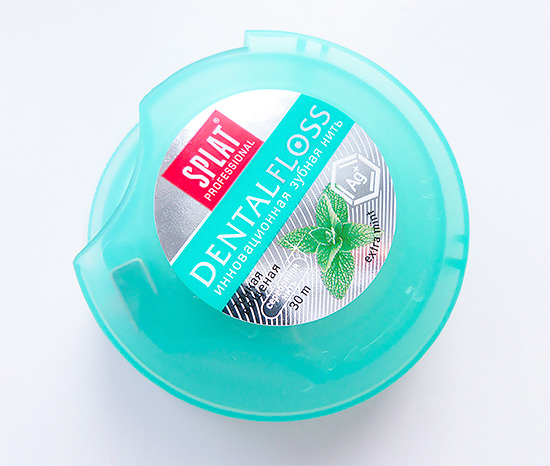
On a note
If cleaning a tooth surface with a toothbrush most often does not present difficulties, then most people have a very poor idea of how to use dental floss properly. The action algorithm is as follows:
- First you need to get about 30-40 cm of floss from the cassette.
- Then you should wind most of the thread on the middle finger of the left hand;
- Then the rest of the thread must be wound on the middle finger of the other hand, while leaving a gap of the thread between the fingers about 10 cm long.
- After that, carefully insert the floss between the teeth.
- The contact surface should be cleaned towards the cutting edge of the tooth or towards its masticatory surface.
- It is necessary to clean each contact surface between all teeth.
A competently performed dental floss procedure usually takes a lot of time (20-30 minutes),but it allows very effective prevention of caries in adults in the areas of the most frequent development of caries - in the interdental spaces (see the example in the photo below).
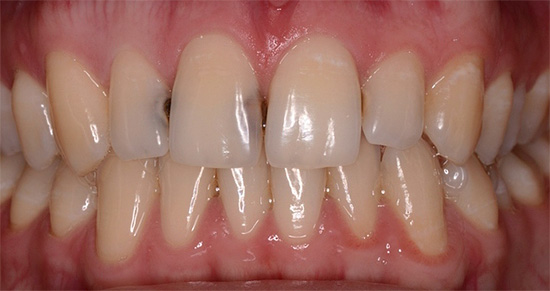
One cannot but mention chewing gum as one of the most controversial methods of exogenous drug-free caries prophylaxis. There are a number of studies that have a scientific basis and are not commercial, thanks to which a certain culture of the use of chewing gum with benefit for teeth and gums has been developed. The main point here - chewing gum should be used only after eating and no more than 10 minutes.
It is interesting
The most effective for the prevention of caries are chewing gums with xylitol. Xylitol not only has a sweet taste, but also can stop the growth and development of cariogenic bacteria Streptococcus mutans, whose role in the development of caries is considered one of the main. Xylitol also enhances the work of the salivary glands, which has a beneficial effect on tooth enamel, as it naturally saturates with mineral components from saliva.
Chewing gums, when used correctly, improve blood circulation in the gums, facilitate their massage, cleanse enamel from food debris, thereby exogenously preventing caries.
Occupational prevention at the dentist
Exogenous and endogenous prevention of dental caries requires professional control and monitoring of results at the dentist. In order to eliminate cariogenic factors in the oral cavity and strengthen tooth enamel in adults, the following is used:
- Professional cleaning from dental deposits (plaque, stone).
- Prevention of caries by remineralizing agents (for example, “R. O. C. S. Medical Minerals”).


- The method of fluoride prophylaxis of caries, including methods of deep fluorination of enamel (“Gluftored”, “Enamel-sealing liquid”, “Dentin-sealing liquid”, etc.)

- Elimination of dentoalveolar anomalies (crowding of teeth, irregularities in the dentition) and occlusion pathologies that impede the normal cleansing of teeth from bacterial plaque.
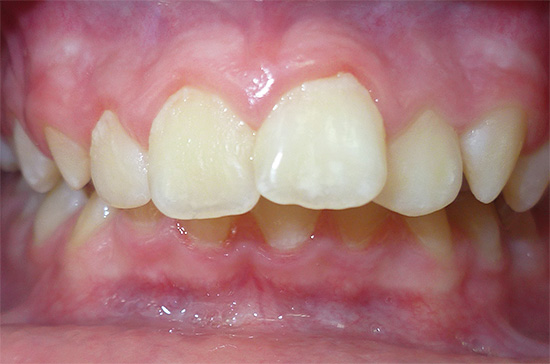
Professional oral hygiene allows literally in one visit to eliminate the main factor in the development of caries and gum disease: tartar and plaque. At the dentist’s appointment, ultrasonic cleaning with a scaler is most often used. In modern dentistry, Air Flow toothbrushing technology has also become widespread.
From the practice of the dentist
The principle of Air Flow is the cleaning of plaque (and partly tartar) from all surfaces of teeth, including contact ones, with an air-water mixture of powder based on sodium bicarbonate flying out of the nozzle under high pressure. The powders have a pleasant aftertaste, and in most cases the procedure itself is painless. Ideal for removing the so-called “smoker” raid, as well as tea and coffee. In addition, with the help of the Air Flow apparatus, braces, implant heads, ceramic veneers are cleaned, the tooth surface is cleaned before restoration with a filling, before fluorination and before the bleaching procedure.
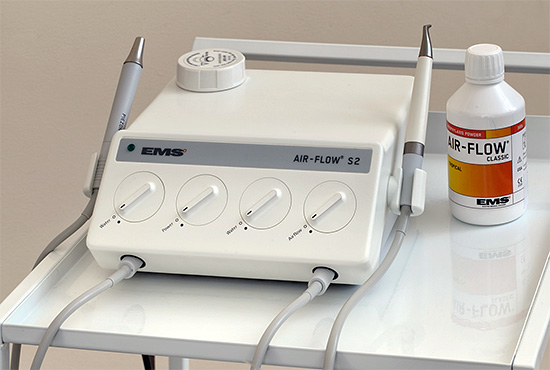
Special remineralizing solutions and gels based on calcium, phosphorus, and magnesium compounds are widely used as agents for the prevention of caries in adults.
For example, R.O.C.S. Medical Minerals is a remineralizing system that allows teeth to be saturated with calcium and phosphorus under the supervision of a dentist at a professional appointment, as well as at home. Due to the special composition, the gel components diffuse relatively easily into the tooth enamel, saturating it with the necessary elements.
After professional oral hygiene, the dentist applies the gel to slightly wet teeth, then an individual mouthguard pre-made according to the patient’s bite is put on, and the patient closes his mouth with mouthguard (mouthguards) for 10-15 minutes. The gel is safe to swallow.
After the application, you do not need to drink or eat 30-40 minutes. Further use of R.O.C.S. gel Medical Minerals can be carried out at home (as agreed with the doctor). Recommended course: 2 times a day for 12-14 days (2 courses per year).
Why pregnancy and caries are almost “synonyms"
The issues of caries prevention are especially worrying for women in the most critical period of their life - during pregnancy and immediately after the birth of the child.
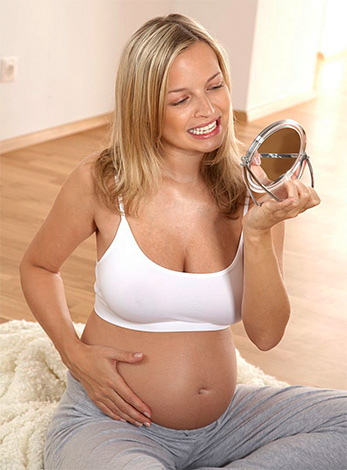
An example of a question to the dentist:
Hello, Doctor! A mother of two children writes to you: her son is 2 years old, and his daughter is a year and three months old. I have long been worried about the question of why, before pregnancy, all my teeth were whole and beautiful, and when I was a pregnant son, black dots appeared on many teeth, and closer to the delivery, the dentist found holes in 5 of my teeth. After giving birth, I cured all my teeth and lived calmly for almost 2 years until I became pregnant with my second child. History repeated itself, but 7 teeth were already destroyed, and among them were already treated. Could you explain to me in detail why during and after pregnancy, teeth begin to roll in such a way?
Marina, Samara
In order to understand how to properly prevent dental caries during and after pregnancy, you must first determine the causes of the problem.
For a child’s skeleton to develop fully, he needs calcium, and in large quantities. With a calcium deficiency in the woman’s body, this building element is, in fact, washed out of the bones and teeth, since the priority in supplying them with the body of the future mother is given to the fetus. In the same way, phosphorus and magnesium enter the fetus.
The mineral composition of the saliva of a pregnant woman can significantly change, namely, an acute deficiency of calcium and other macro- and microelements important for teeth occurs in saliva. As a result, calcium, phosphorus, magnesium, and fluorine almost do not return from saliva to tooth tissue. As a result, caries develops at an accelerated rate.
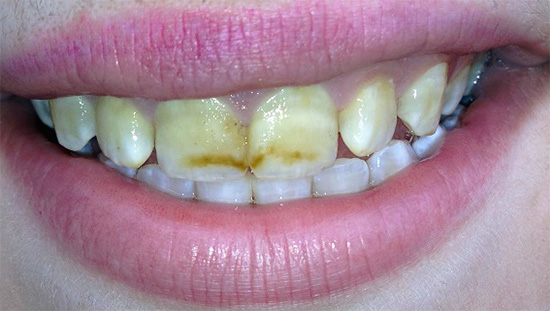
From the above exogenous and endogenous methods caries prevention for pregnant effective and safe for women is:
- adherence to diet, restriction of carbohydrates (exclusion of snacks);
- active use of foods containing calcium;
- home methods of caries prevention (toothbrushes, pastes, flosses, rinses);
- proper brushing and flossing technique;
- regularity and systematic oral hygiene;
- prevention of caries by remineralizing agents at the dentist and at home;
- deep fluoridation of tooth enamel with varnishes and gels (on the recommendation of the dentist).
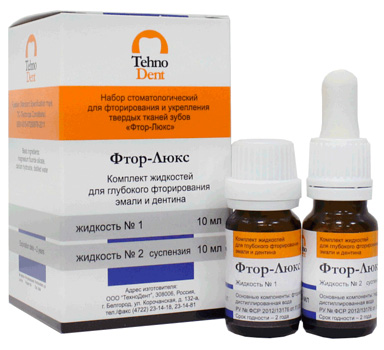
The use of caries fluoride prophylaxis methods for pregnant women (for example, fluoride tablets), as well as fluorinated salt and milk, is limited to use, since it may cause toxic effects of fluoride on the fetus.
The truth about folk remedies for caries prevention
In various literature and on the Internet there is a lot of information available on the prevention of caries and its complications using traditional medicine. Unfortunately, almost all such methods are not only not useful for the teeth, but even frankly harmful. Only a small part of the rinses on the herbs can reduce the activity of cariogenic bacteria, but will not completely solve the problem.
Often you can find the following harmful tips that are issued for the prevention and treatment of caries with folk remedies:
- Rinse the mouth with formulations containing honey or apply them on the teeth. In this case, honey is an easily digestible carbohydrate, which is an excellent nutrient medium for cariogenic microorganisms. None of its antiseptic roles can replace the very fact of the carbohydrate nature of honey.

- Mouthwash with alcohol. Of course, concentrated alcohol solutions can play an antibacterial role, but at the cost of constant burns of the oral mucosa with the possible formation of erosion, cracks and ulcers.
- Toothbrushing with powdered milk powder.Unfortunately, milk can also act as a breeding ground for bacteria, especially if it is actively “rubbed” into the teeth, as is recommended in folk recipes. This will only contribute to the growth of plaque.
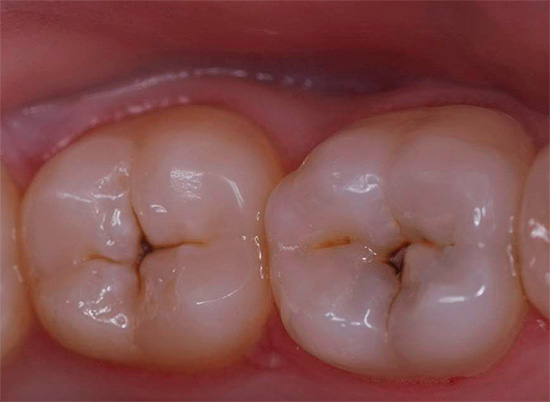
It is important to remember: caries prophylaxis should be comprehensive, individual and safe. If you decide to do it closely, then following these three principles will help keep your teeth healthy and beautiful. In any case, the dentist's door is always open for any important consultation. Take care of your teeth and be healthy!
Useful video: modern approaches to caries prevention
How to choose a toothpaste

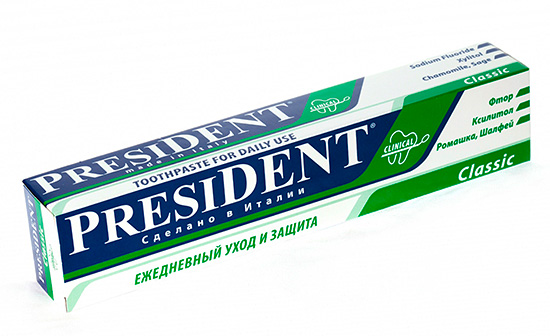
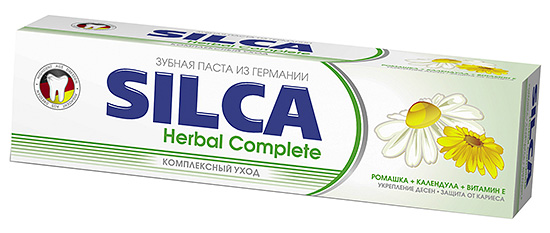
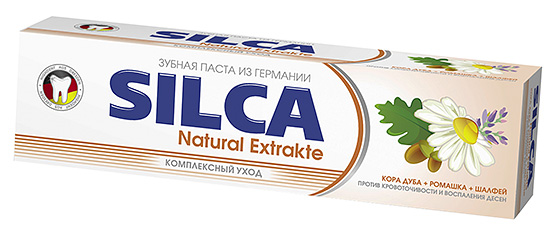
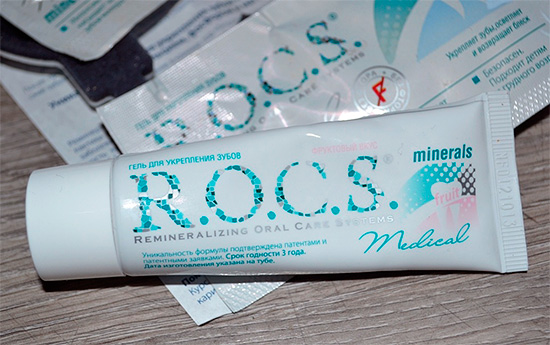
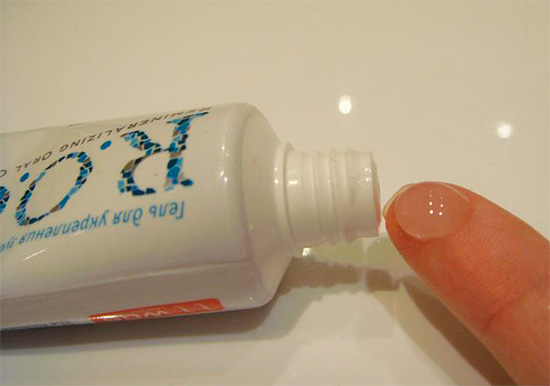
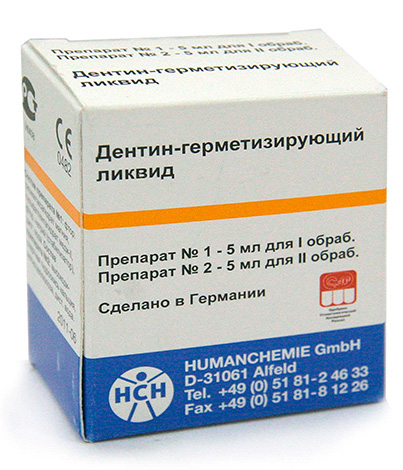
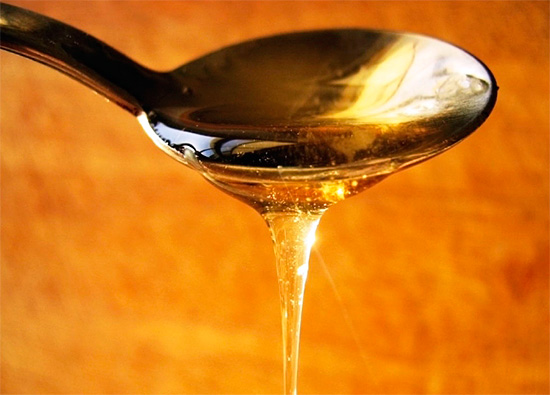
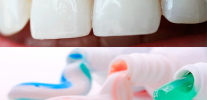

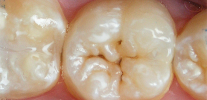
Dental treatment is quite an expensive pleasure. Therefore, it is better to monitor them all the time and visit the doctor every six months for a routine examination. I had a bad breath, so I quickly ran to the doctor. It turned out caries began. Everything was cured and the smell was gone.
Oksana, here I am now treating my teeth, but the smell does not disappear. It turns out that the cause may be the waste products of bacteria living in the mouth, and not just diseases. I recently bought a rinse aid and now I rinse my mouth in the morning and evening after brushing my teeth. From morning to evening (until the end of the working day), the action of the rinse aid is enough for me, since it successfully removes these very vital products of bacteria. And there is no unpleasant smell.
I have a relative from the village - an alcoholic of the first mark. So, he never had caries. During the medical examination for the military registration and enlistment office, the dentist asked him: “How do you brush your teeth? That you have all of them healthy and have neither caries, nor anything else. " He replied: "I have never cleaned them in my life." These are such miracles. And it's true that no animal brushes its teeth. In a healthy body - healthy teeth, probably so.
In our family, everyone has caries. Although we follow our teeth, we clean every day. Apparently, this is not enough. My son is 7 years old, his teeth are already black. What preventive measures will help him avoid deep caries? I want my son not to know the “joy” of false teeth at the age of 30 ...
Hello Olga. Firstly, it is necessary to treat all carious cavities. Secondly, a course of remineralization of tooth enamel at a pediatric dentist (once every six months) may be useful. To prevent the development of caries, fluoride-containing toothpastes also help. In addition, it is very important to teach the child the rules of hygiene (it is better to consult a dental hygienist, since there are many nuances). It’s also helpful to find out the fluoride content in your region’s drinking water.